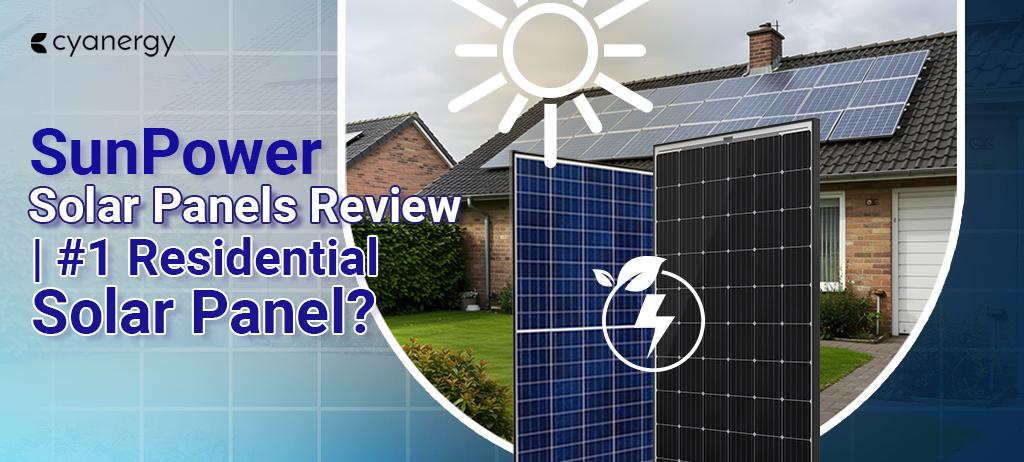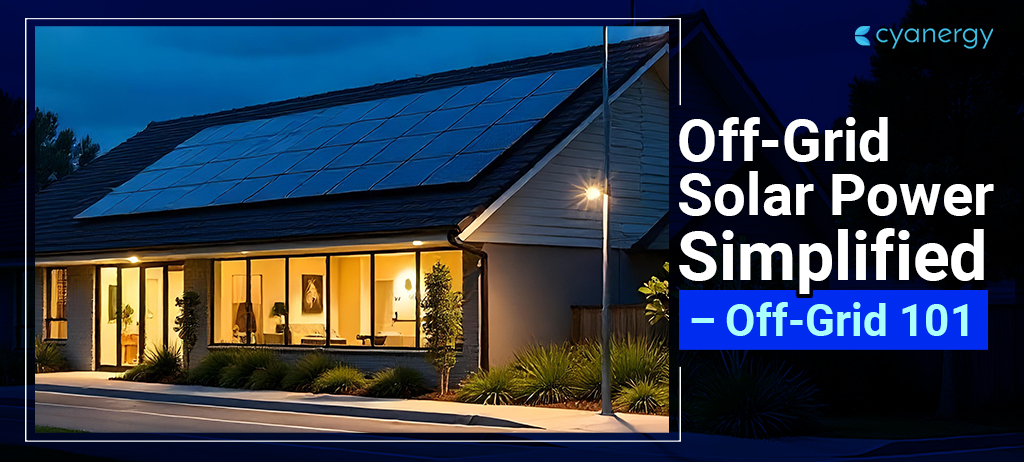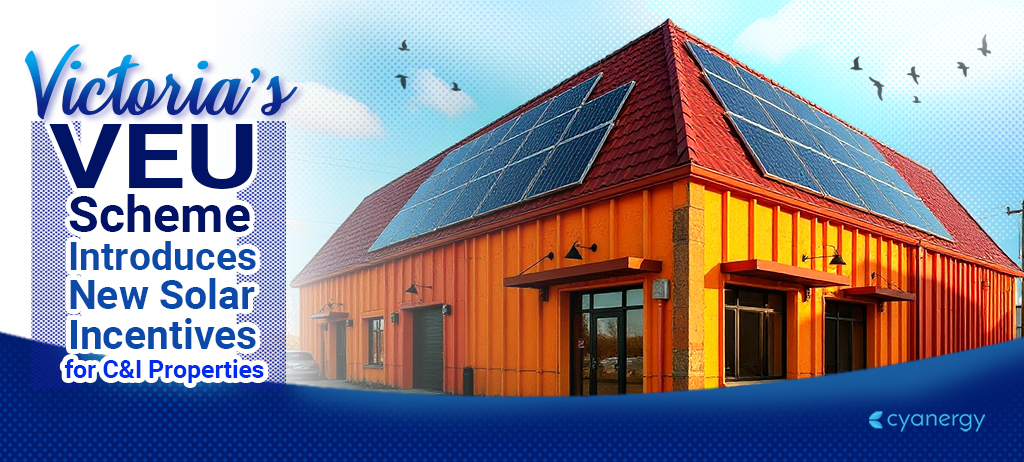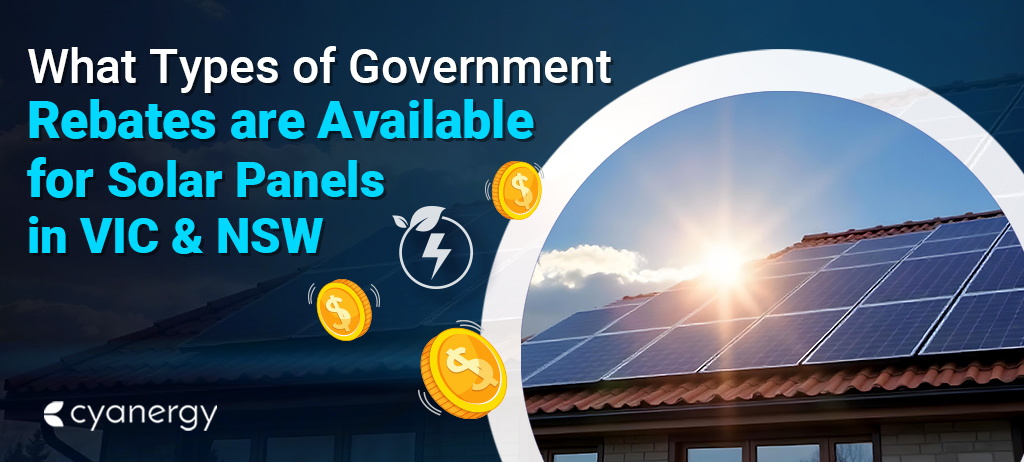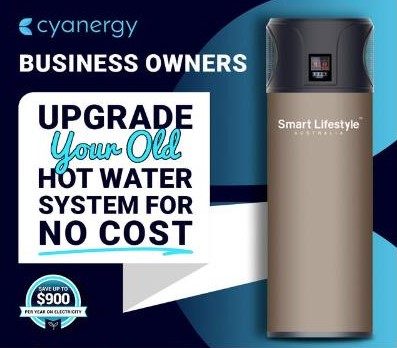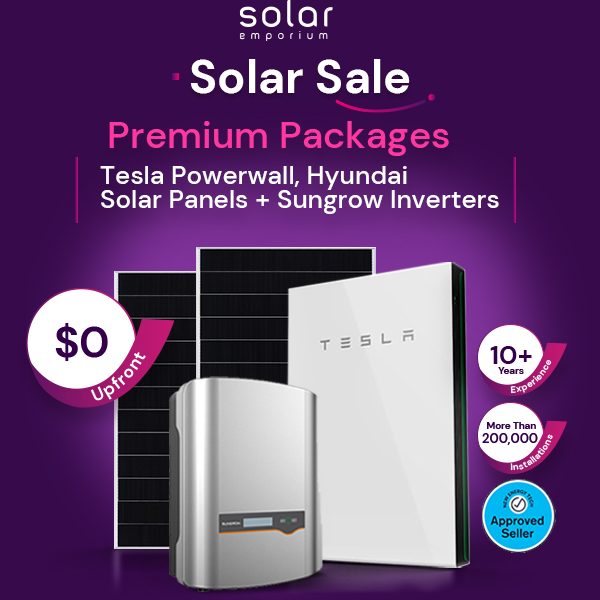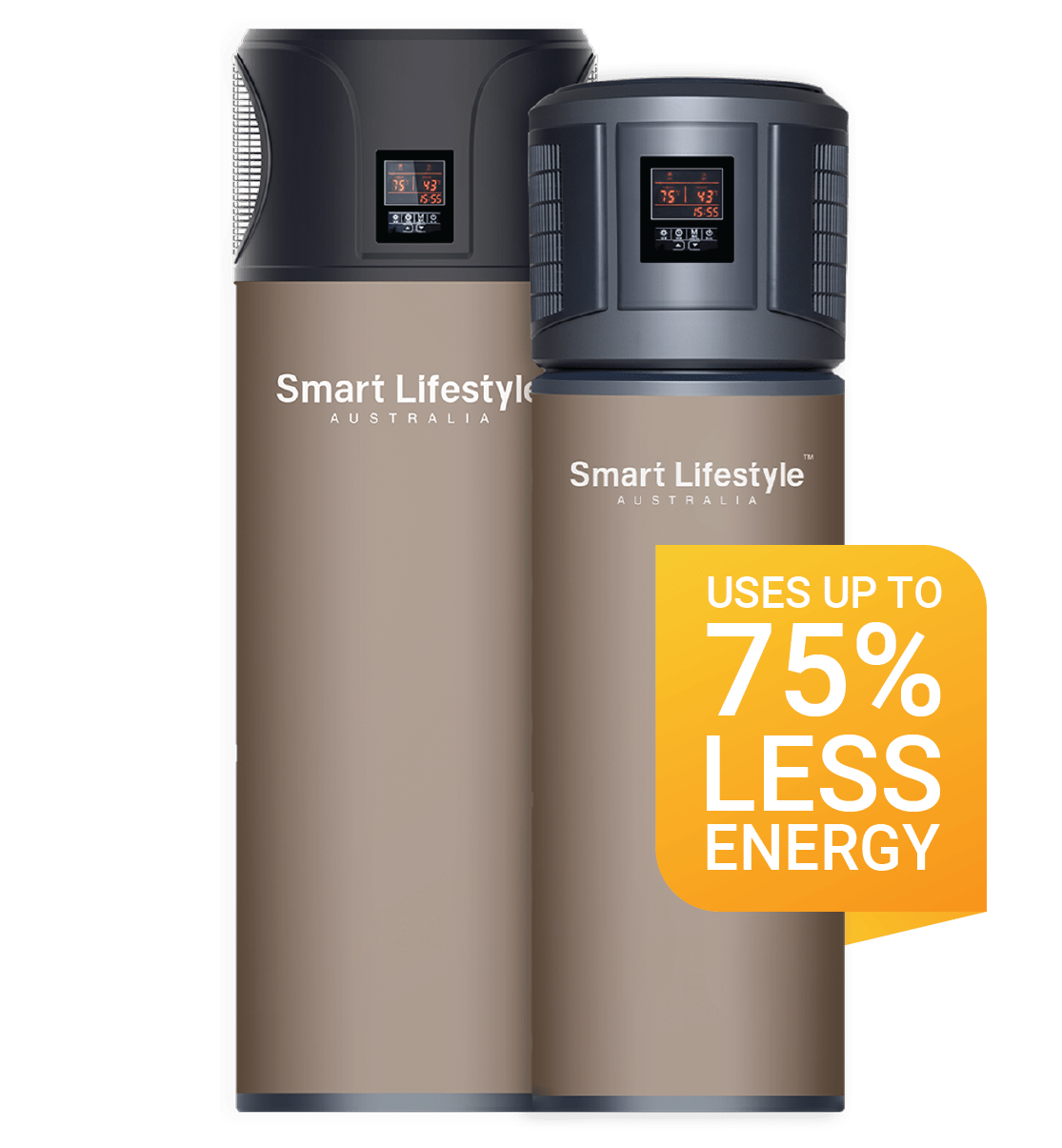When it comes to residential solar panels, SunPower solar panels have been at the top of the consumer choice list in Australia.
Over the years, they have a proven record for being the most efficient and worthy rooftop solar panels. But do you know what makes them so special?
Well, there are several reasons why Australians choose SunPower solar panels. With cutting-edge technology, sleek aesthetic design, and industry-leading efficiency, SunPower offers the best return on investment to every homeowner.
So, if you are looking for the best solar panels for your home, go through this SunPower Solar Panels review guide and examine what sets SunPower apart and whether it truly deserves the “#1” label for residential solar.
In this blog post:
- What Is SunPower?
- SunPower Solar Panels: Early Research and Breakthrough
- About SunPower Solar Cell Technology: A Detailed Breakdown!
- Top Modules of SunPower Solar Panels in Australia
- SunPower’s Solar Panel Specifications At a Glance!
- Points of Difference: Advantages and Disadvantages of SunPower Solar Panels
- Is SunPower #1 for Residential? Find Out!
- Certifications and Achievements of SunPower Solar Panels
What Is SunPower?
SunPower is a U.S.-based solar company famous for its high-efficiency panels, long warranties, and premium pricing.
Their technology is often branded under “Maxeon” solar cells, which are renowned for their durability and performance, particularly in Australia’s harsh weather conditions.
Over the years, SunPower has developed multiple panel series (A‑Series, X‑Series, E‑Series, P‑Series, etc.), each with different trade‑offs in cost, efficiency, appearance, and intended use.
Now, let’s have some background studies in the following part!
SunPower Solar Panels: Early Research and Breakthrough
So, how did it all start?
Well, early in the ‘80s, SunPower embarked on an unofficial mission. It all started in a lab, where they experimented with various solar panel technologies before launching SunPower, the brand, in 1988. The R&D team’s initial financial acquisition allowed for the formal excursion to take place.
After that, there was no looking back, as they collaborated with Honda, a legendary brand, to build record-breaking PV (photovoltaic) cells utilizing cutting-edge cell technology.
This effort led to their win in the World Solar Challenge automobile race, which established them as renowned pioneers in the renewable energy sector.
Over the past 25 years, their presence can be seen in numerous NASA programs, as well as other aircraft projects. SunPower’s corporate offices are located in San Jose, California.
They also have the designation of Bloomberg Tier 1 ranking, which is a sign of the company’s financial soundness rather than necessarily of the high calibre of its panel.
If this label is current, it implies that the company is a well-known major manufacturer that has successfully served clients on a worldwide scale for a long time.
About SunPower Solar Cell Technology: A Detailed Breakdown!
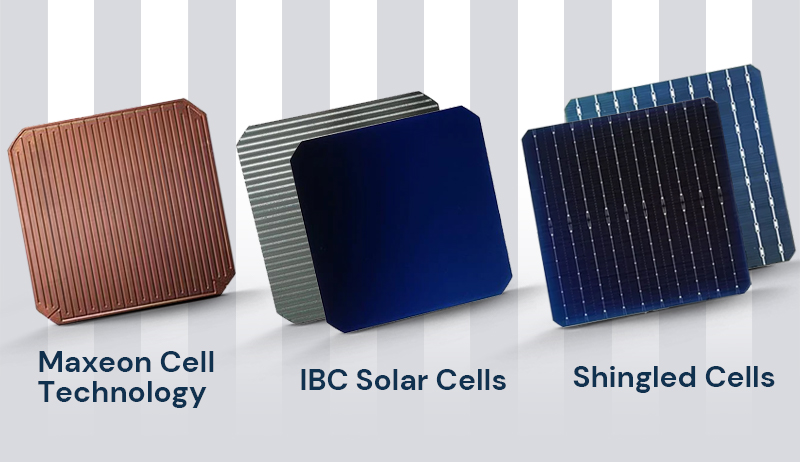
Unlike conventional solar cells, SunPower solar cells use Maxeon cell technology that is built on a solid copper foundation. This manufacturing process makes them more resistant to cracking, corrosion, and thermal expansion.
Also, its 22.8% panel efficiency is the best in the market and undefeated so far, and that, paired with 420W panels, is a match made in heaven.
Not only that, their cell technology, featuring Maxeon cells, IBC cells, and shingled cells, looks spectacular.
Wondering what Maxeon cells, IBC cells, and shingled cells are?
Here’s a glimpse of each type:
Maxeon Cell Technology
Maxeon cells feature a solid tin-plated copper foundation and use ultra-pure silicon for maximum efficiency.
Their anti-reflective, light-trapping surface enhances sunlight absorption, while the removal of front metal gridlines reduces shading and gives the panels a sleek aesthetic look.
Additionally, the durable strain-relief connectors prevent heat-related damage, and the robust design eliminates up to 85% of common failure issues, such as cracking and corrosion.
However, even though the upfront cost is a bit expensive, Maxeon panels deliver superior long-term performance and reliability for years to come.
IBC Solar Cells
IBC, or interdigitated back contact, is a form of solar cell that, in contrast to conventional solar cells, converts energy from the cell’s forward contact to the rear contact.
In contrast to traditional solar cells, this technique enables the whole front portion of the solar cell to function as a vessel for absorbing sunlight without wasting even a single inch of space.
One of the main reasons for efficiency loss is shading issues, which are caused by exposure to heat with metal gridlines. SunPower unveiled its market-leading IBC cell technology, which eliminates these issues.
Shingled Cells
Just like rooftop shingles, these cell types work similarly. The panels are placed in shingles that eliminate the need for busbars, which would otherwise occupy unnecessary space.
A larger area of the roof is covered with the use of shingled cells, which allows for more PV cell space to actually generate renewable energy.
They use Electrically Conductive Adhesive (ECA) to merge all the solar cells while maintaining their functionality.
Top Modules of SunPower Solar Panels in Australia
Are you looking for some top solar panel models from the SunPower Brand?
Here we’ve jotted down some of them to make your selection process easier.
So, let’s have a look:
1. Maxeon 6 AC Solar Panel
- Factory-integrated microinverter (technology of Enphase)
- −40°C to +60°C operating temperature
- 66 Maxeon 6 cells integrated
- 8% efficiency rating
- Backed up with 40 40-year product and power warranty
- Works even in low light conditions
- Weatherproof
- 25 years of inverter warranty through Enphase
- Class II double-insulated, corrosion-resistant polymeric enclosure for the inverters
2. Maxeon 3 DC Solar Panel
- 7% efficiency rate
- SunPower warranty of 40 years (power & performance)
- High-transmission tempered anti-reflective glass
- Can withstand any harsh weather
- Ammonia and dessert tested with ISO certification
- −40°C to +85°C operating temperature
- Class C fire rating per IEC 61730
- Maximum power degradation of 0.25% annually
3. Performance 6 Solar Panels
- 1% efficiency rate
- 25-year product warranty (complete confidence warranty)
- Monocrystalline PERC solar cells
- IP 68 rating
- Black anodized aluminium alloy frames
- LID-resistant solar cells
- Hot spot resistance
SunPower’s Solar Panel Specifications At a Glance!
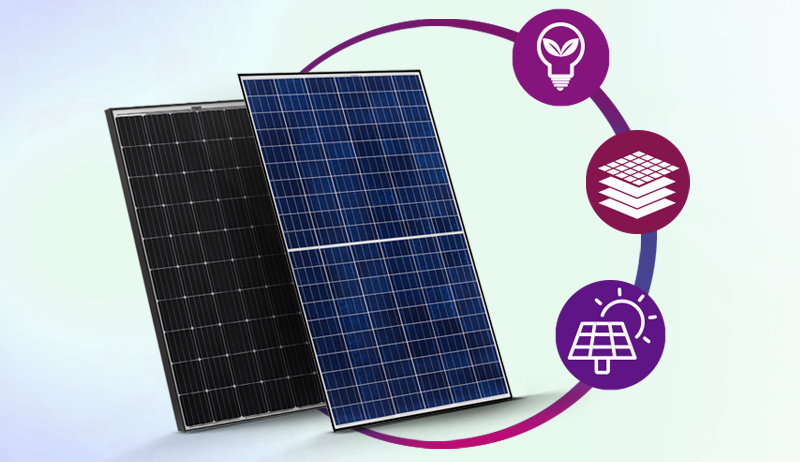
| Panel Module | SunPower Maxeon 6 AC | SunPower Maxeon 3 DC | SunPower Performance 6 |
|---|---|---|---|
| Power (W) | 420-440 W | 415‑430 W | 395‑415 W |
| Cell Type | Monocrystalline | Monocrystalline Maxeon Gen 3 | Monocrystalline PERC |
| Efficiency (%) | 22.8 | 22.7 | 21.1 |
| Panel Dimensions & Weight | 1872 × 1032 × 40 mm weight 21.8 kg | 1690 × 1046 × 40 mm weight 19 kg | 1808 × 1086 × 30 mm weight 21 kg |
| Operational Temperature Range | -40℃ to +60℃ | -40℃ to +85℃ | -40℃ to +85℃ |
| Annual Power Degradation | Not More Than 0.25% | Not More Than 0.25% | Not More Than 0.45% |
| Product and Performance Warranty | 40 years product + performance warranty for panel (includes panel + microinverter) | 40 years product + performance warranty | 25 years product + performance warranty |
Points of Difference: Advantages and Disadvantages of SunPower Solar Panels
Here are the pros and cons of SunPower solar panels.
Pros
- SunPower’s use of Maxeon IBC cells boosts panel effectiveness and efficiency, which are unparalleled.
- No other brand has achieved the highest level of efficiency in the residential solar panel category, which is 22.8% while using the purest silicon in their Maxeon series.
- With their latest AC modules, enjoy the benefits of microinverters, which enable each panel to operate independently rather than in series. This reduces their chance of facing shading issues tenfold.
- The Maxeon series, which also won the first-ever Sustainability Award from PV Magazine, is recognized for its excellence in contributing to the growth of clean energy.
- The panel’s aesthetically pleasing appearance provides homeowners’ roofs with a stylish outlook.
- As the solar panels can range up to 440W per panel, with less roof space, you can achieve twice the power output compared to regular solar panels available on the market.
- Bloomberg Tier-1 solar system ranking for the company is present.
Cons
- SunPower solar panels come at a higher price point, which can be considered a disadvantage.
- To fully benefit from warranties, in many places you need certified installers (or dealers) that meet SunPower’s standards. If those are insufficient locally, that can add cost, delay, or reduce support.
Is SunPower #1 for Residential? Find Out!
Putting together all the pros and cons, how close is SunPower to being the best possible choice for residential solar?
The answer depends heavily on your priorities. Here are some perspectives.
SunPower solar panel is likely the top choice if you:
- Have limited roof space and need high output per square meter. If your roof is small, steep, or partly
shaded, fewer, higher‑efficiency panels are very valuable.
- Want long-term performance with minimal degradation. If you plan to keep the system for 25 years or more and
want the maintenance output to remain strong, choosing the premium option makes more sense.
- Live in a region with high electricity costs (so every extra kWh produced matters), good
incentives/subsidies, or strong net metering rules. That improves payback and ROI.
- Want aesthetic appearance: panels that blend well, a more uniform look, darker colours, slim frames,
etc.
Certifications and Achievements of SunPower Solar Panels
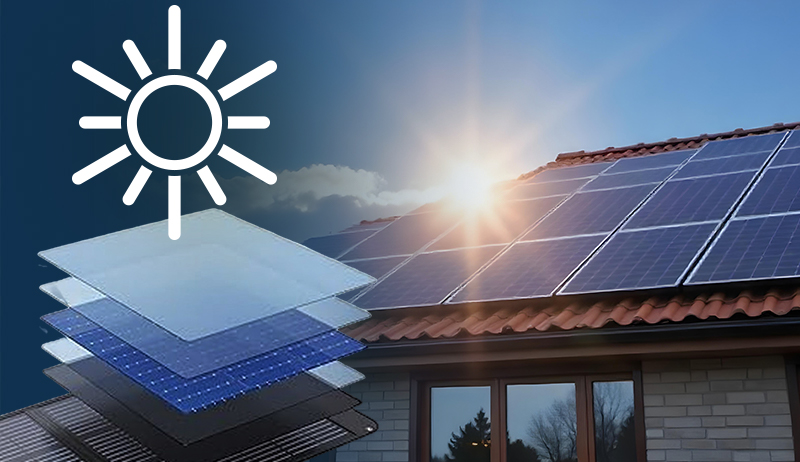
SunPower has earned its reputation as the #1 residential solar panel brand for good reason.
They are the proud holders of many achievements and certifications to date, which further strengthen their claim to be one of the best in the category.
The company holds a Bloomberg Tier-1 ranking, which serves as proof of its financial solvency. This is an important marker when it comes to backing up such a huge warranty claim of 40 years.
Also, they are PV evolution labs, one of the top performers. This proves their products are of top-notch quality.
It indicates that SunPower solar panels will still perform as expected in various weather conditions and different situations. Note: This is a voluntary test in which SunPower participated on its own accord.
SunPower solar panels also have an Australian office, which is great for any emergency queries. All in all, they do back up their claim of being an outstanding solar panel manufacturer.
Want to grab the opportunity to know more about how you can get such an amazing product yourself? Contact us today and receive a complimentary consultation session.
